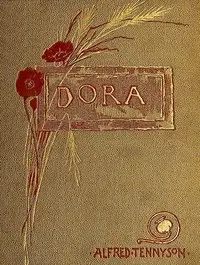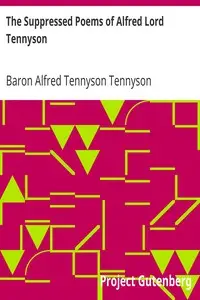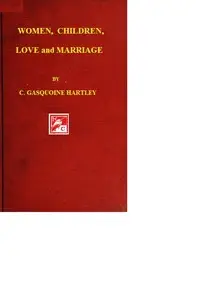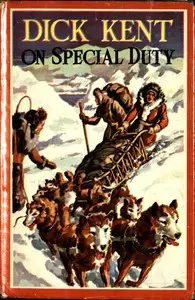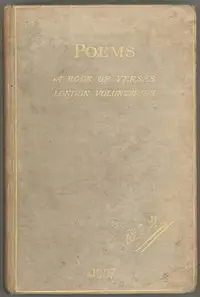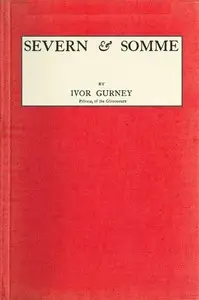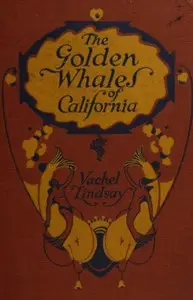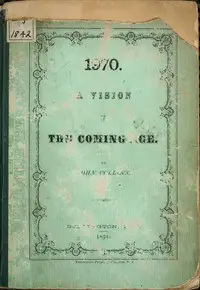"The Early Poems of Alfred Lord Tennyson" by John Churton Collins is a critical collection of Tennyson's poetry that explores works from his early career, likely written in the early to mid-19th century. This edition not only presents the poems themselves but also includes a critical introduction, commentaries, various readings, and notes that guide readers through Tennyson's development as a poet. The text delves into thematic explorations of love, nature, and the human condition, showcasing Tennyson's style and craftsmanship in verse. The opening portion outlines the significance of Tennyson's early poetry within the context of English literature. It begins with a preface that emphasizes the need for a critical edition of Tennyson's poems, highlighting his enduring status as a classic author. The introduction elaborates on the evolution of Tennyson's genius, articulating the poetry's trajectory from his youthful beginnings to the more mature expressions found in later works. Notable early verses, such as "Claribel" and "Mariana," reveal Tennyson’s knack for lyrical beauty and emotional depth. Collins details how these poems represent a blend of ambition and formative style, offering insights into Tennyson's thematic concerns and masterful language, providing readers with groundwork for understanding Tennyson as both a poet and a vital literary figure. (This is an automatically generated summary.)
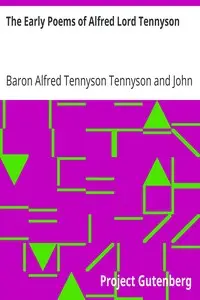
The Early Poems of Alfred Lord Tennyson
By Alfred Tennyson Tennyson
"The Early Poems of Alfred Lord Tennyson" by John Churton Collins is a critical collection of Tennyson's poetry that explores works from his early car...
Alfred Tennyson, 1st Baron Tennyson,, was an English poet. He was the Poet Laureate during much of Queen Victoria's reign. In 1829, Tennyson was awarded the Chancellor's Gold Medal at Cambridge for one of his first pieces, "Timbuktu". He published his first solo collection of poems, Poems, Chiefly Lyrical, in 1830. "Claribel" and "Mariana", which remain some of Tennyson's most celebrated poems, were included in this volume. Although described by some critics as overly sentimental, his poems ultimately proved popular and brought Tennyson to the attention of well-known writers of the day, including Samuel Taylor Coleridge. Tennyson's early poetry, with its medievalism and powerful visual imagery, was a major influence on the Pre-Raphaelite Brotherhood.




